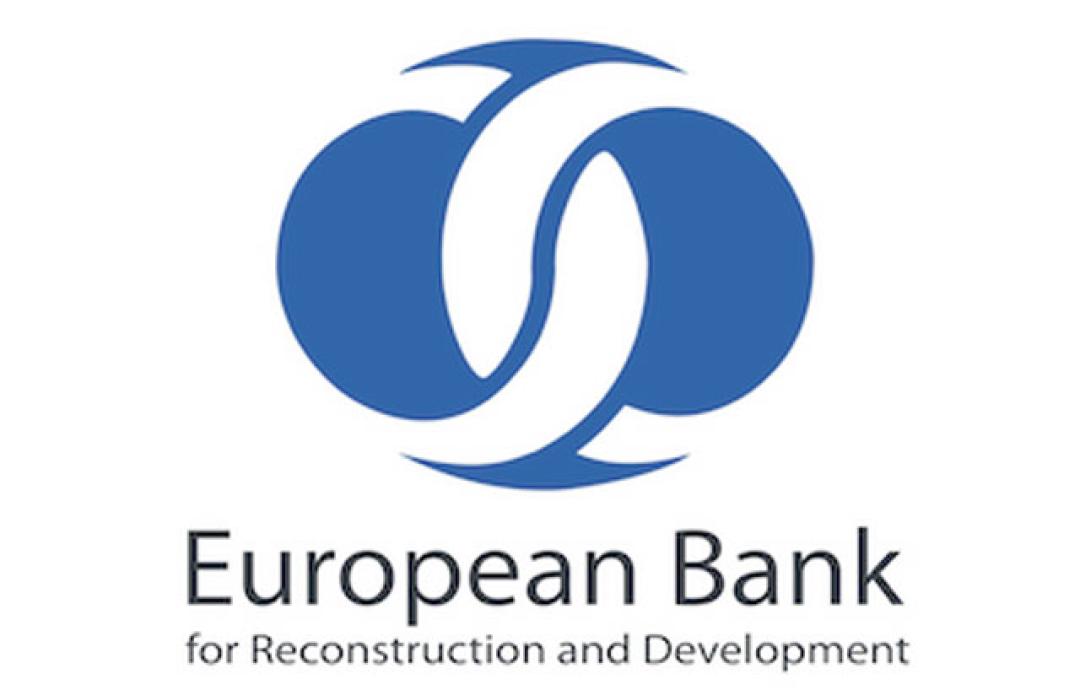
EBRD reveals economic priorities for Azerbaijan in 2021

On 10 November, the European Bank of Reconstruction and Development (EBRD) revealed its three key priorities for Azerbaijani economy for 2021, reported APA.
The first priority is pursuing further governance reforms in the state sector that would bring significant efficiency gains. It foresees the creation of a public company to manage State-owned Enterprises (SOE) as an opportunity to introduce best international corporate governance and management practices across the SOE sector.
The second priority is to shift financial sector regulation back to the central bank. This will be an opportunity to reinvigorate reforms. The third priority would be the continued implementation of energy sector reforms.
The latest Transition Report from the EBRD said that 45% of people in the EBRD’s post-communist economies now favour higher levels of state ownership. The EBRD’s Chief Economist Beata Javorcik says the ability of emerging economies to deliver successful policies against a backdrop of increasing state influence depends crucially on the quality of institutions and public governance.
The new EBRD report noted that state-owned enterprises continue to play an important role in the EBRD regions, providing almost half of all public-sector employment. It says they can be a stabilising force for economies, providing employment during downturns and in disadvantaged regions. It also emphasised that State-owned banks have grown in importance across the EBRD regions since the mid-2000s and become major competitors to the private sector, because many have less stringent lending standards, lower net interest rate margins and a higher tolerance of non-performing loans.
The report also stated that EBRD economies were falling behind in the enforcement of policies that help reduce carbon emissions, in the wake of the 2015 Paris Agreement. In the short term, the EBRD regions have to build a transition to a green economy into post-Covid-19 recovery plans. In the medium term, the state must address the market and policy failures that are impeding the transition to a green economy, with an emphasis on effective carbon-pricing strategies. In the longer term, the state will have to facilitate the “creative destruction” that the low-carbon transition will inevitably unleash. This will involve supporting workers and communities that will suffer from the economic transformation.
Since it began working in Azerbaijan, the EBRD focused on three main areas, namely: 1) to diversify the country’s economy by supporting the development of the private sector in non-oil sectors and strengthening governance of private and state-owned companies; 2) to further expand local businesses’ access to finance by encouraging lending by banks and non-bank financial institutions as well as by helping develop local currency and capital markets; and 3) to support the country’s green economy, including financing for renewable energy sources, increased energy efficiency and cleaner transport and sustainable infrastructure.
See Also


Simonyan: “Armenia Should Trade with Turkey and Azerbaijan Instead of Closing Borders”

Mirzoyan Meets US Deputy Assistant Secretary Joshua Huck

Azerbaijani President Holds Talks with UAE and German Business Delegations on Economic Cooperation

Grigoryan Confirms Armenia’s Readiness to Dissolve OSCE Minsk Group Upon Peace Treaty Signing

